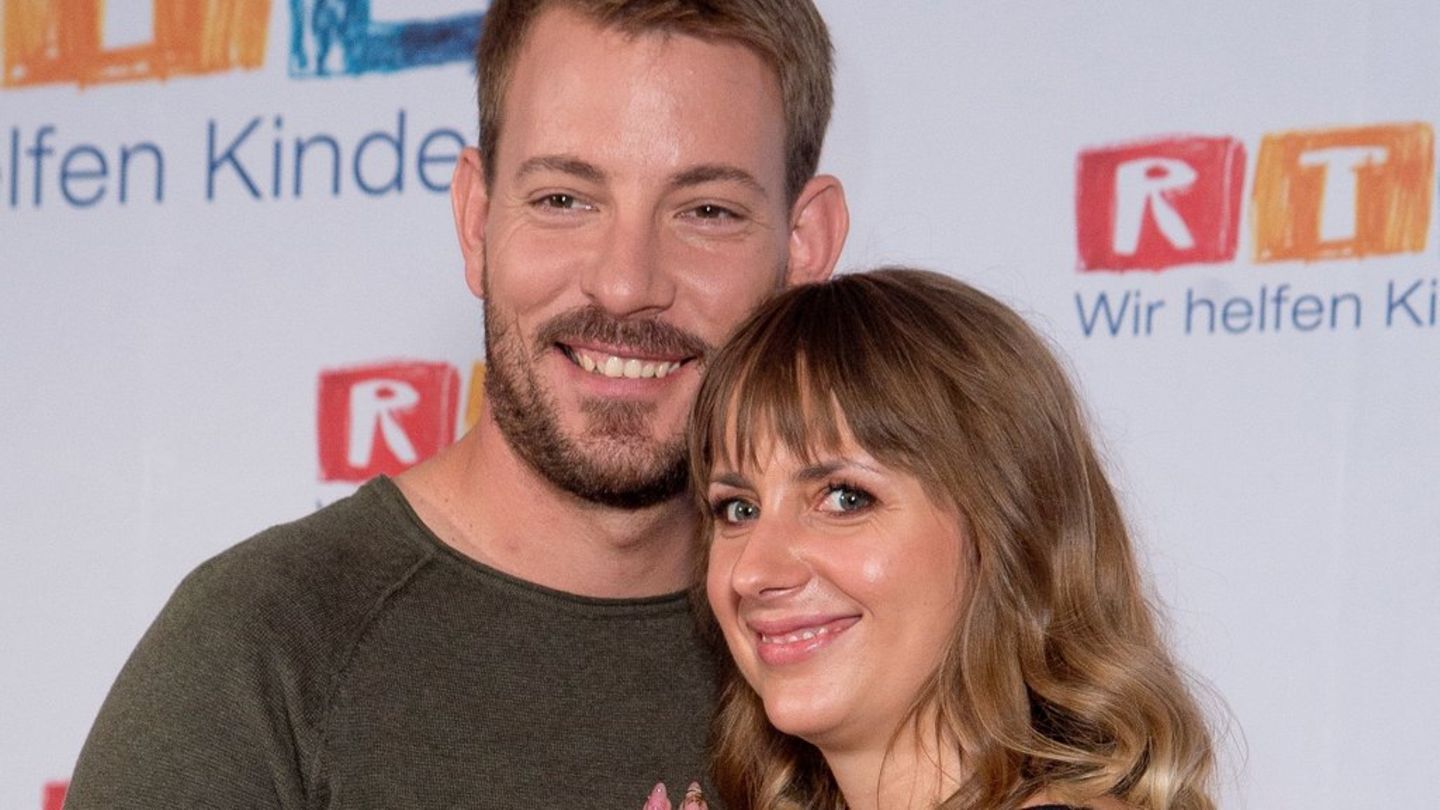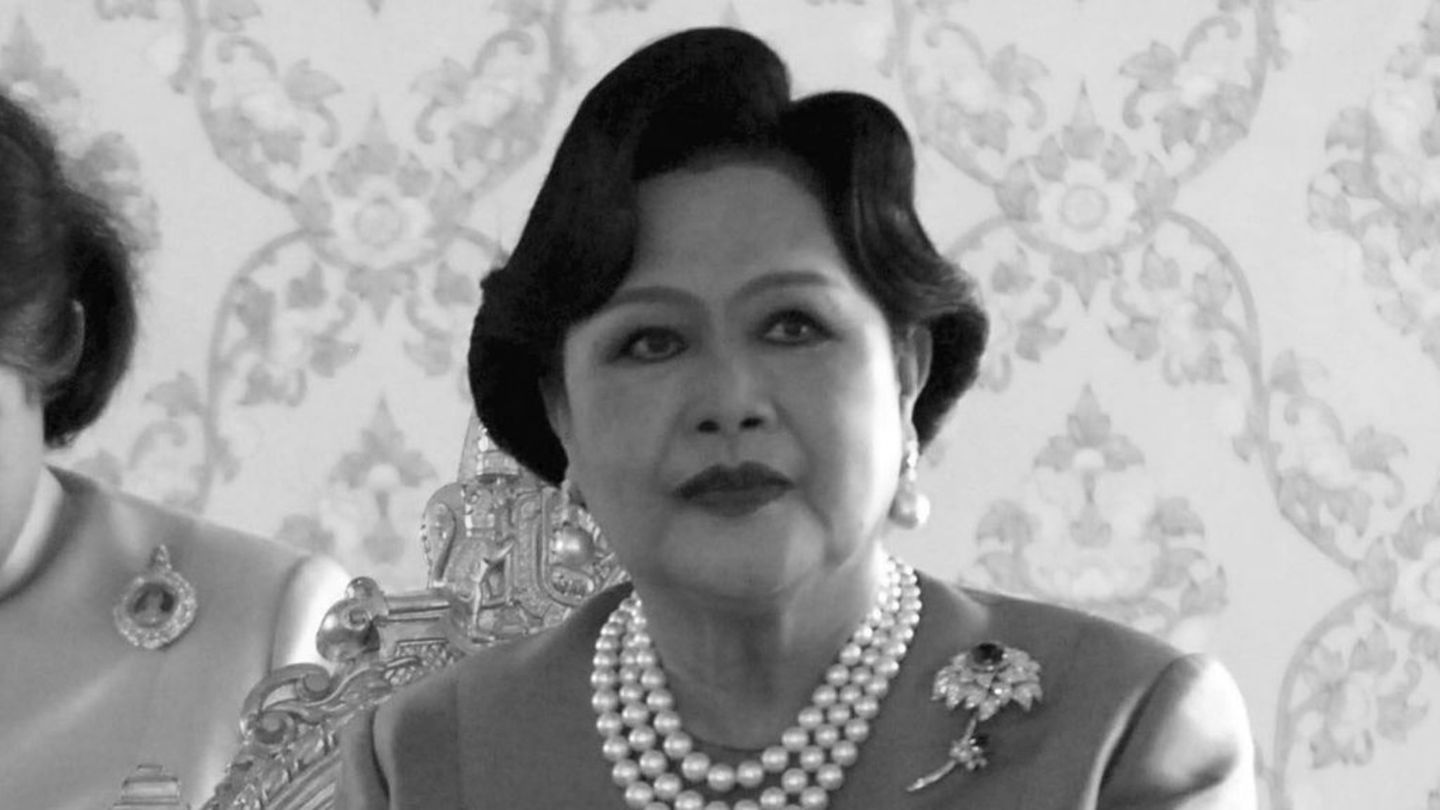“The vice squad has been disbanded, but the judiciary will continue to deal with this societal challenge,” the daily Shargh quoted Attorney General Mohammed Jafar Montazeri as saying on Sunday.
This video is disabled
Please activate the categories Performance Cookies and Functional cookies in your cookie settings to view this item. My cookie settings
Critics of the political leadership reacted cautiously to the announcement. The problem is not the moral police, but the headscarf requirement, wrote an Iranian activist on Twitter. “Women must be able to go everywhere without a headscarf,” he demanded. And this is “only the first step.”
Important partial success for women
The ISNA agency reported that the latest developments in the country were on the agenda of the non-public meeting in the parliament in Tehran. In an unusual step, Iran then also announced the establishment of a committee of inquiry to clarify the reasons for the protests in the country that have been going on for more than two months. However, neither demonstrators, system critics nor other political parties should take part, Interior Minister Ahmad Wahidi said on Sunday, according to the Ilna news agency.
This video is disabled
Please activate the categories Performance Cookies and Functional cookies in your cookie settings to view this item. My cookie settings
The protesters had no representatives, “in addition, we were dealing with rioters and troublemakers and not demonstrators,” Wahidi said of the reasons for the exclusion of the protest representatives. According to the minister, the committee of inquiry is about “exploring the roots of the protests and therefore only relevant authorities and independent lawyers will take part in the discussions in the committee,” it said.
According to the Presidential Office, Raisi had consulted with Parliament Speaker Mohammed-Bagher Ghalibaf and Justice Chief Gholamhossein Mohseni-Ejei on Saturday evening. There were no details on what exactly would be discussed at Sunday’s crisis summit. In the run-up there was speculation that it could be about the demands of the demonstrators. These include the revision of the Iranian constitution and the abolition of the headscarf requirement, but also new elections or a referendum on the development of the country’s political system. Observers, however, did not have high expectations of the meeting.
Critics of the political leadership also reacted cautiously to the announcement of the dissolution of the vice squad. The problem is not the moral police, but the headscarf requirement, wrote an Iranian activist on Twitter. “Women must be able to go everywhere without a headscarf,” he demanded. And this is “only the first step.”
According to observers, the dissolution of the vice squad would not mean an end to compulsory headscarves for women, but it would represent an important partial success for the women’s movement in Iran.
The vice police were the catalyst for the system-critical uprisings in the country that have been going on for more than two months. In mid-September, the Islamic moral guardians arrested 22-year-old Mahsa Amini. A few strands of hair are said to have peeked out from under her headscarf. Amini died a few days later in the custody of the vice squad. Since then, people in Iran have been protesting against the Islamic system and its laws and regulations.
Since the protests broke out, many women, especially in large cities, have increasingly ignored the headscarf requirement and Islamic dress codes. Accordingly, women must wear a headscarf and a long, wide coat in public to cover their hair and body contours. This law has been part of Iran’s socio-political doctrine for more than 40 years in order, as it is called, to “save the country and people from Western cultural invasion”.
470 dead
According to human rights activists, around 470 demonstrators have been killed since the demonstrations began, including 64 children and 60 security forces. Official information on this is contradictory. The Security Council speaks of 200, a commander of the Revolutionary Guards of 300 dead. In addition, thousands have been arrested in the past two months, including students, journalists, athletes and artists. Some demonstrators have also been sentenced to death by revolutionary courts. Further protests – and according to opposition circles also strikes – are planned across the country from Monday.
Source: Nachrichten




